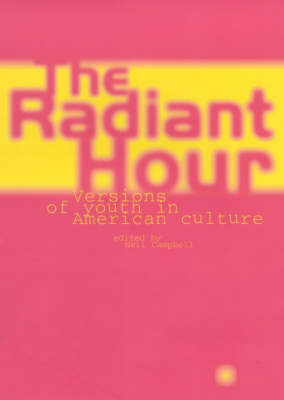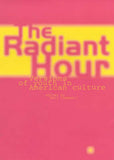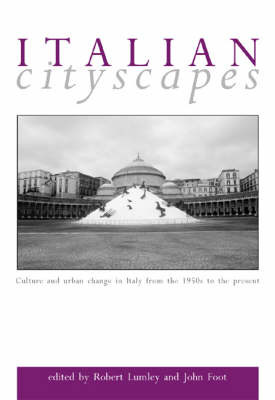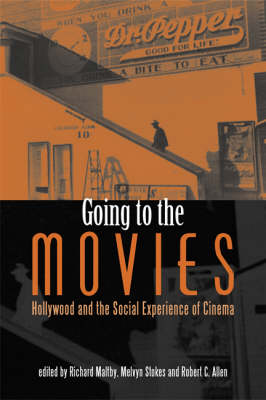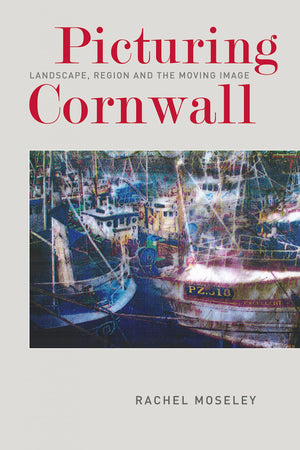University of Exeter Press
The Radiant Hour
Versions of Youth in American Culture
Couldn't load pickup availability
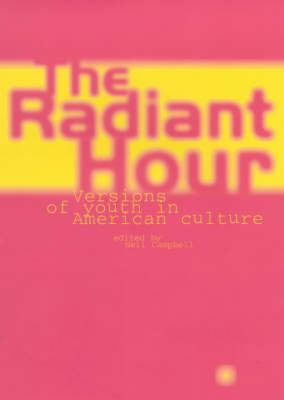
- 232 Pages
This book of interdisciplinary essays explores how youth has been represented in American culture. The book focuses on familiar literary, film and television texts set within a framework of ideas drawn from cultural and social theory, presenting innovative and challenging analyses of new and classic texts from the 1890s to the 1990s.
The collection contributes to the necessary and important debate over the meanings of youth representation within American culture, emphasising the ideological nature of youth and its centrality to a complex reading of popular culture.
In particular, the book examines issues of gender, race and sexuality as central to the construction of youth identity and to the other significant relationships between youth and authority. It deliberately asserts the contradictions in youth representations and denies any easy definitions that might serve to compound stereotypes or sustain vested interests.
This book of interdisciplinary essays explores how youth has been represented in American culture. The book focuses on familiar literary, film and television texts set within a framework of ideas drawn from cultural and social theory, presenting innovative and challenging analyses of new and classic texts from the 1890s to the 1990s.
Contents: Introduction - the radiant hour - on youth cultural studies, Neil Campbell; fresh contacts - global culture and the concept of generation, Charles R. Acland; children of the revolution - fiction takes to the streets, Elizabeth Young; disposable youth/disposable futures - the crisis of politics and public life, Henry A. Giroux; how Katy lied -pictures of joy and pain - "What Katy Did" and other American girls' stories, Jenny Robinson; ideologies of youth and the Bildungsromane of S.E. Hinton; "something you can't unhear" - youth, history and the west in Larry Watson's "Montana 1948", Neil Campbell; teensomething -American youth programming in the 1990s, Simon Philo; the body's in the trunk - (re-)presenting generation X, Jon Lewis.







